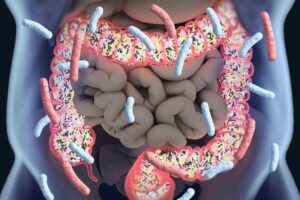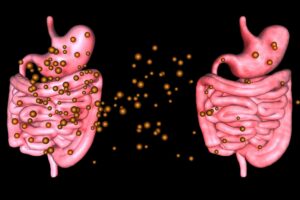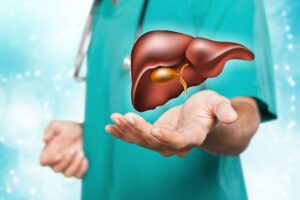microbiota transplantation
Gastroenterology
Researchers found that the microbiota of the recipient, rather than that of the donor, determines the microbial mix resulting from a fecal transplant.
Gastroenterology
The findings of a new research could help to optimize fecal microbiota transplantation (FMT) protocols and identify the most suitable donors for transplantation.
Gastroenterology
Faecal microbiota transplant appears to effectively improve both clinical parameters and bacterial balance in the liver, especially in thin individuals.
Gastroenterology, Video
Sam Costello (The Queen Elizabeth Hospital in Adelaide) presented recent evidences about FMT and IBDs.
Gastroenterology, Video
Maria Teresa Abreu (University of Miami, USA) discussed some new strategies to design clinical trials.
Gastroenterology, Video
Sudarshen Paramsothy (University of New South Wales, Australia) discussed the controversials about FMT in IBD patients.
Scientific research
Researchers at Harvard Medical School propose to “rejuvenate” a person’s microbiota by collecting stool samples for future treatment of diseases that could be managed with fecal microbial transplantation (FMT).
Endocrinology, Gastroenterology
Repeated fecal microbiota transplants can improve the gut colonization of beneficial microbes in people with obesity and type 2 diabetes.
Gastroenterology, Oncology
Some individuals with advanced prostate cancer develop resistance to ADT, which promotes the expansion of specific gut bacteria that can synthesize androgens.
Nutrition, Oncology
The findings of a recent study published in Science Advances suggest that a high-salt diet modulates the gut microbiota in ways that boost tumor immunity.










